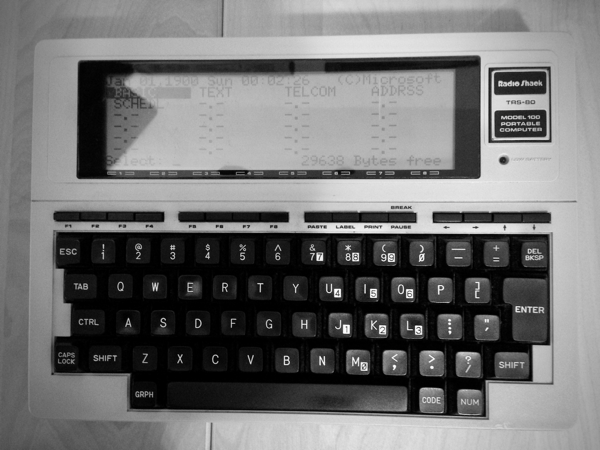Lifelong Change, Lifelong Learning
|
~400 words |
~2 minutes
#education
#reflection
#technology

It’s that time of year already: beginning another semester of class online. One of the challenges I enjoy in the field of technology training is the need for perpetual learning. We are never truly “finished” when it comes to educating ourselves and others on technology. While some of the fundamental concepts of technology persists, a great deal of technology changes relentlessly.
These changes go beyond the hardware and software to incorporate the way users interact with technology as well. For example, the way someone uses a hammer or wrench has not changed for centuries. The way we interact with computers and the way we store collections of structured data has changed dramatically in recent years.
The evolution of computer interfaces in general is a major development in recent years. Consider how little (if any) thought most of us give to operating appliances and automobiles. These technologies have matured; their form and function are readily apparent. I believe computer interfaces are rapidly approaching the same degree of maturity and ubiquity.
With the proliferation of touch-operated computers and devices, we are discovering the convenience, practicality, and value of “transparent” platforms and operating systems. In other words, we are delegating less thought to understanding how to operate computers and devoting more attention to interacting with digital content. This requires engineering that transcends coding techniques, material sciences, and manufacturing process; an eclectic blend is required to create the desired user experience.
What’s even more notable is the integration of Internet-based storage and computing services with the typical consumer PC. Social networks, web-based applications and the inherent possibilities of online communication allow virtually anyone to create and distribute information in a manner previously associated with large, well-funded organizations. Yet the value of technological opportunity and innovation is unrealized by those who neglect to learn when, where, why, or how to use these technologies.
So what does it all mean? We’ll discover that in time, together. In the mean time, don’t stop learning.
← Previous Post: Holistic Technology Hygiene
→ Next Post: Red Panda Wave